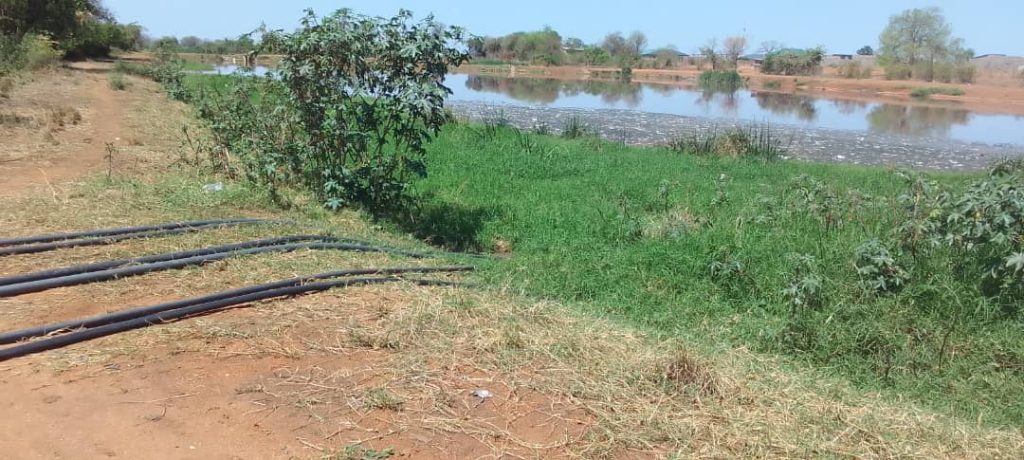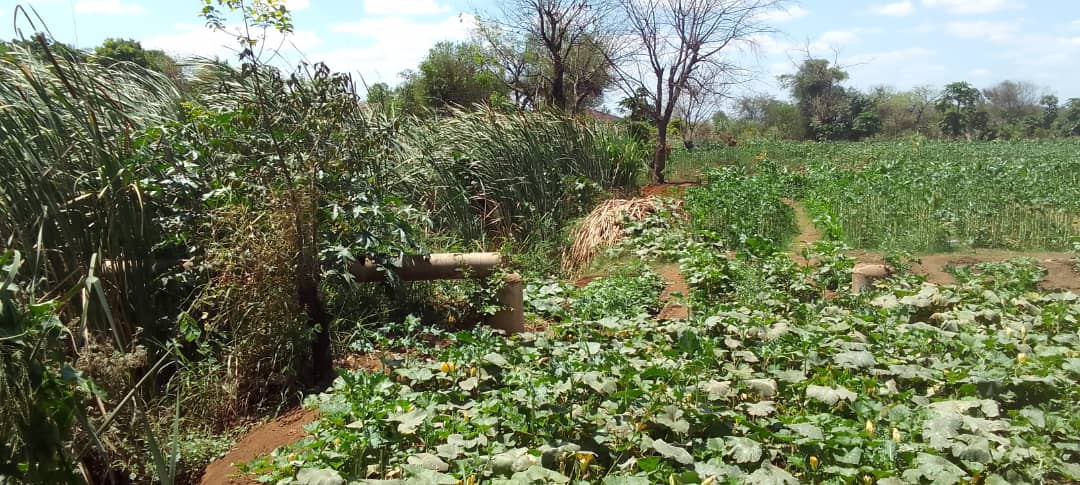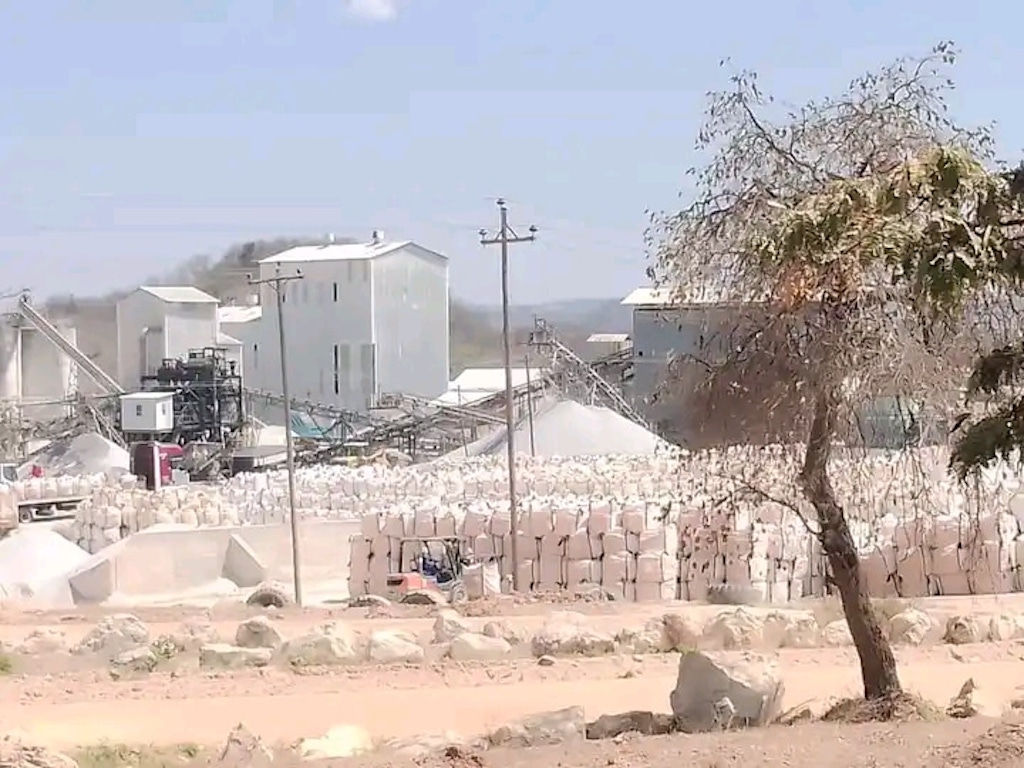Anesushe Mamhute
The practice of using sewage waste water to do gardening has become a source of worry in Chiredzi where authorities point to the possibility of grave consequences to human and environmental health.
Proponents of the practice, however, argue that raw sewage-based farming could help improve nutrition and food security among the most vulnerable members of society.
This follows the popularity among residents of farming along raw sewer canals which environmentalists, however, find reprehensible.
Kudakwashe Rupango, a supporter of the practice, said there was no harm in raw-sewage-based farming when carried out properly.
“I have always advised farmers to avoid crops that have direct contact with the ground when doing raw sewage gardening,” said Rupango. “I’ve successfully grown maize for 15 years; supporting my family, and I received no complaints about from my customers in and out of this district,” he said.
In contrast, Chiredzi Town Council Environmental Health Officer, Modern Chandida strongly opposed raw sewage gardening, arguing that when practicing it, one could not avoid direct contact with this contaminated water.
“Raw sewer gardening jeopardises public health by exposing residents to life-threatening diseases and infections. It is a high-risk activity that causes spread of waterborne diseases, including cholera and typhoid due to the presence of harmful pathogens and contaminants in untreated sewage,” said Chandida.

He advised farmers to collaborate with authorities to create designated areas for irrigation using treated waste water from the town’s four major sewage treatment ponds.
“Initiatives should focus on the final maturation pond, ensuring water quality meets grey water standards through rigorous sampling and testing,” Chandida said.
Civil Protection Committee (CPU) Chairperson Lovemore Chisema, who is also the Chiredzi District Development Coordinator (DDC), also criticised the practice as a serious risk to public health.
“Local authorities need to come up with stringent measures to arrest this practice. We take this as a pure civil protection matter and will do everything in our powers to stop this before it is out of hand. It is out mandate to make sure that communities are safe from public health risks and threats,” said Chisema.








